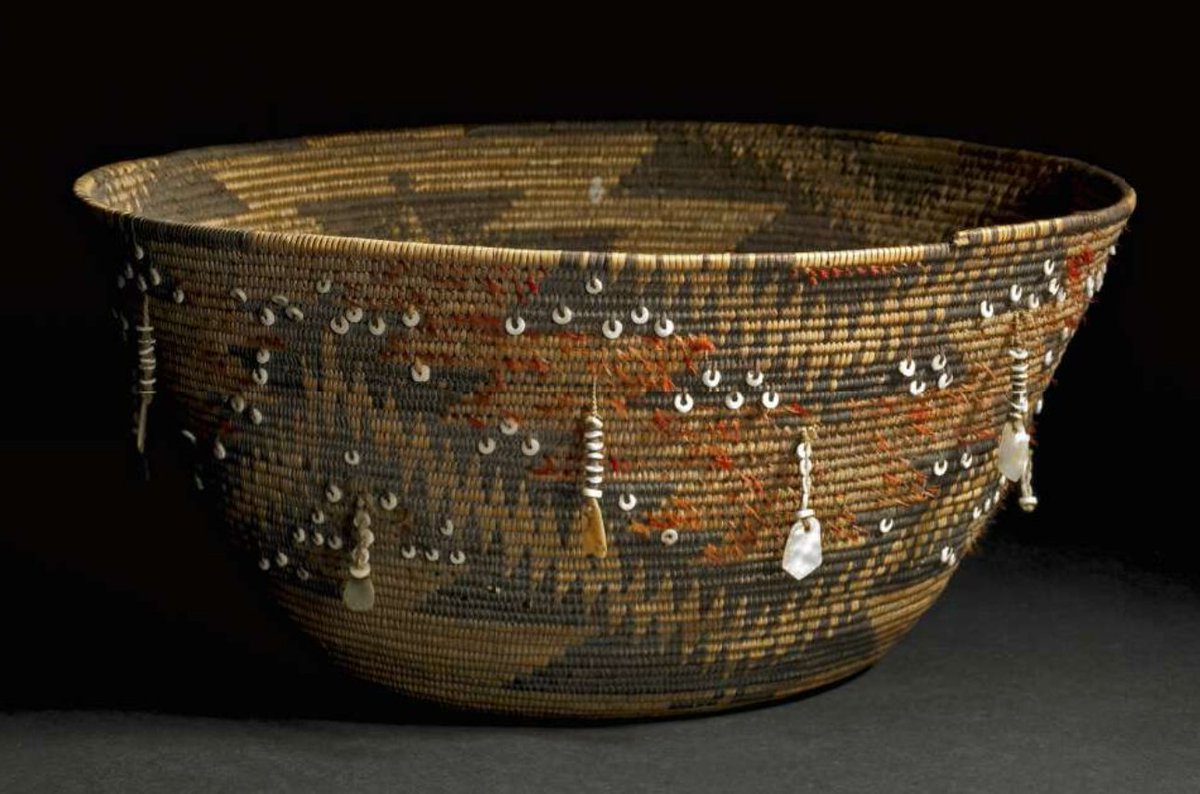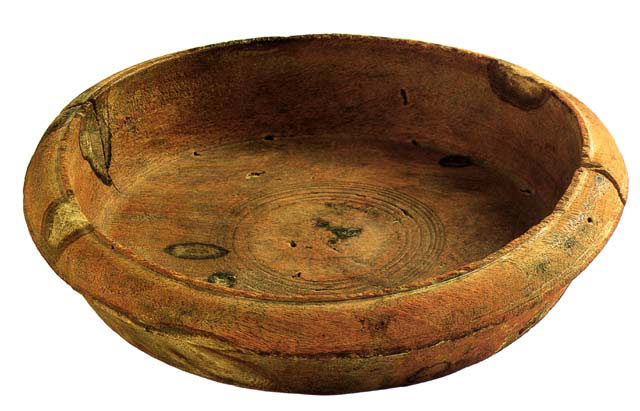2/ Family and Civilisation - Carle C. Zimmerman
Science, Politics and Gnosticism - Eric Voegelin
Liberty Before Liberalism - Quentin Skinner
The Great Debate - Yuval Levin
Lincoln and the Politics of Christian Love - Grant Havers
Where We Are - Roger Scruton
3/ The Humane Vision of Wendell Berry - Various
The Unsettling of America - Wendell Berry
Moral Matters - Mark Dooley
Red Tory - Phillip Blond
Blue Labour - Eds. Ian Geary and Adrian Pabst
Together for the Common Good - Eds. Nicholas Sagovsky & Peter McGrail
4/ The Politics of Virtue - John Milbank & Adrian Pabst
Localism in a Mass Age - Eds. Mark T. Mitchell & Jason Peters
The Antimodern Condition - Peter King
The Principle of Duty - David Selbourne
Nostalgia - Anthony Esolen
A Common Human Ground - Claes G. Ryn
5/ The Politics of Gratitude - Mark T. Mitchell
A Time to Build - Yuval Levin
Remaking One Nation - Nick Timothy
Despised - Paul Embery
Defending Identity - Natan Sharansky
Between Kin and Cosmopolis - Nigel Biggar
The Virtue of Nationalism - Yoram Hazony
6/ Haven in a Heartless World - Christopher Lasch
The Minimal Self - Lasch
The True and Only Heaven - Lasch
The Revolt of the Elites - Lasch
Enlightenment's Wake - John N. Gray
Black Mass - Gray
Coming Apart - Charles Murray
An Anxious Age - Joseph Bottum
7/ After Tocqueville - Chilton Williamson
The Crisis of Democracy - Augusto Del Noce
The Age of Secularisation - Noce
The Demon in Democracy - Ryszard Legutko
The Fractured Republic - Yuval Levin
Why Liberalism Failed - Patrick Deneen
The Limits of Liberalism - Mark T. Mitchell
8/ Power, Pleasure and Profit - David Wootton
Alienated America - Timothy P. Carney
The Demons of Liberal Democracy - Adrian Pabst
Noreena Hurtz - The Lonely Century
Globalists - Quinn Slobodian
Neoliberalism - David Harvey
False Dawn - John N. Gray
9/ What Money Can't Buy - Michael Sandel
What About Me? The Struggle for Identity in a Market-Based Society - Paul Verhaeghe
Just Living - Ruth Valerio
The Moral Economists - Tim Rogan
The Power of Market Fundamentalism: Karl Polanyi's Critique - Fred Block & Margaret Somers
10/ Small is Still Beautiful - Joseph Pierce
Wealth, Poverty and Human Destiny - Doug Bandow & David Schindler
The Globalisation Paradox - Dani Rodrik
Free Trade Doesn't Work - Ian Fletcher
Capitalist Realism - Mark Fisher
Hired - James Bloodworth
11/ Globalisation and its Discontents - Joseph Stiglitz
Civil Economy - Professors Luigino Bruni & Stefano Zamagni
The Future of Capitalism - Paul Collier
Winners Take All - Anand Giridharadas
The Third Pillar - Raghuram Rajan
The Agr of Addiction - David T. Courtwright
12/ The Enchantments of Mammon - Eugene McCarraher
The Meritocracy Trap - Daniel Markovits
The Tyranny of Merit - Michael Sandel
Deaths of Despair and the Future of Capitalism - Anne Case & Angus Deaton
The Expendables - Jeff Rubin
Head, Hand, Heart - David Goodhart
13/ The Theological Origins of Modernity - Michael Allen Gillespie
The Cave and the Light - Arthur Herman
Smiling Through the Cultural Catastrophe - Jeffrey Hart
Dominion - Tom Holland
The Weirdist People in the World - Joseph Henrich
14/ Notes on the Death of Culture - Mario Vargas Llosa
Beauty Will Save the World - Gregory Wolfe
The Next American Nation - Michael Lind
The Road to Somewhere - David Goodhart
The Republican Worker's Party - F.H. Buckley
The Nationalist Revival - John B. Judis
15/ The Once and Future Worker - Oren Cass
Twilight of the Elites - Christophe Guilluy
Return of the Strong Gods - R.R. Reno
The Great Class Shift - Thibault Muzergues
The New Class War - Michael Lind
The Coming of Neo-Feudalism - Joel Kotkin
Brexitland - Sobolewska & Ford
16/ Earthly Powers - Michael Burleigh
Sacred Causes - Burleigh
The Reckless Mind - Mark Lilla
Intellectuals - Paul Johnson
Illiberal Reformers - Thomas C. Leonard
The War for Righteousness - Richard M. Gamble
The Long March - Roger Kimble
17/ Culture Wars - James Davison Hunter
To Change the World - James Davison Hunter
The Rebel Sell - Joseph Heath and Andrew Potter
The Revolt Against the Masses - Fred Siegel
Listen, Liberal! - Thomas Frank
People Without Power - Frank
Primal Screams - Mary Eberstadt
18/ The Madness of Crowds - Douglas Murray
A Left for Itself - David Swift
Power and Purity - Mark T. Mitchell
American Awakening - Joshua Mitchell
Strange Rites - Tara Isabella-Burton
In Search of the Common Good - Jake Meador
You Are What You Love - James K.A. Smith
19/ The Idol of our Age - Daniel J. Mahoney
Leading a Worthy Life - Leon Kass
How The West Really Lost God - Mary Eberstadt
The Tragic Sense of Life - Miguel de Unamuno
The Dominion of the Dead - Robert Pogue Harrison
The Lost Art of Dying - L.S. Dugdale
20/ Amusing Ourselves to Death - Neil Postman
The Cultural Contradictions of Capitalism - Daniel Bell
Postmodernism Rightly Understood - Peter Augustine Lawler
After Progress - Anthony O'Hear
Icarus Fallen - Chantal Delsol
After Virtue - Alasdair MacIntyre




